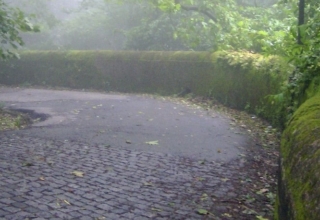
John Krubski and Alexandra K. Camus, Psy.D.
You now have a basic overview of Thinking Whole yet, as they say in those television commercials: “But wait, there’s more!” The system and the process work at their best when the intellectual environment is optimal; and that’s not all that complicated.
Contextual Essentials for Thinking Whole
As you move through the phases of Actionable Insighting, Crystallization, and Actionable Inciting, it has proven wise to embrace the following:
Discipline
Pretty much nothing works very well unless people take it seriously. Thinking Whole can’t do what it does unless we all do what we need to do. You can’t learn to play the piano unless you practice the piano. You can’t play better golf unless you work at the fine points. Play your part. Play by the rules – no matter how flexible or forgiving they at first appear, they ARE rules; and they make the system work.
Joy in Discovery
Einstein once observed: “Creativity is intelligence having fun.” If there’s one thing we have observed over the past score years, plus, it’s that people who are having fun tend to be more creative, more collegial, and more productive. Getting to the joy of discovery is relatively simple. Celebrate each moment of advancement; as nobody likes having to wait for the ending. The more observed the progress, the less onerous the process.
The best group sessions happen when everybody is on the same joyride, so it is critical to mark every moment of progress as it occurs. Call it out. Get everyone to notice. Applause is not a bad thing. Most of all, enjoy taking you mind to the intellectual gym. Take pleasure in being stretched, kneaded, and challenged.
Mindfulness
Open yourself up to being aware of what’s happening in the session. Thinking Whole opens a lot of new avenues, doors, windows, and possibilities. They don’t hang around forever waiting for you to notice. If you don’t see them, they fade away. Thinking whole is not a spectator sport. It’s a kind of full-contact, high intensity, highly engaging team activity. If you’re not aware of what’s going on around you, the chances are pretty good you’re going to be left behind and left out of the action.
Openness
You don’t know what you don’t know until you know you know it. On the one hand, you don’t want to close any doors to possible inspiration. On the other hand, you don’t want to rush through them, either. Take the time to appreciate everything being said. More importantly, take the time to appreciate everything that’s being meant.
Download Article
















